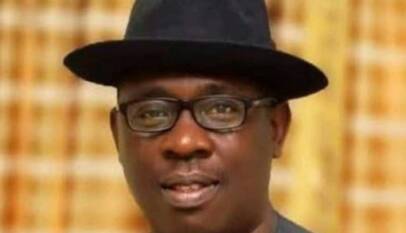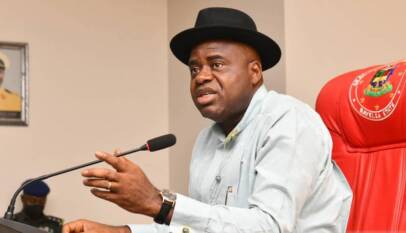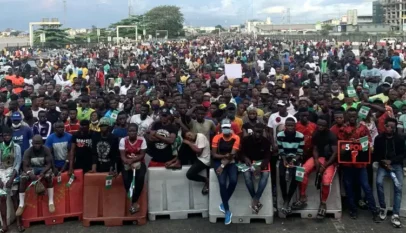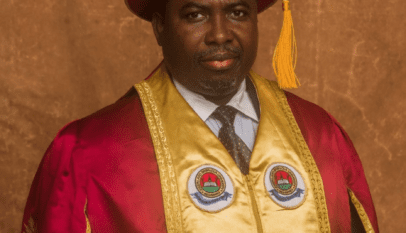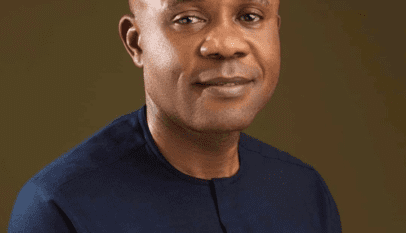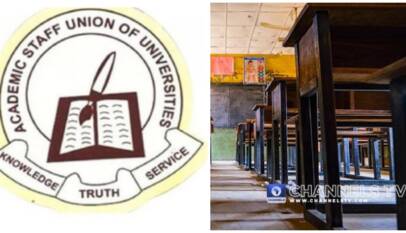Photo: Alhaji Umar Ganduje
By Didimoko A. Didimoko
Abdullahi Umar Ganduje sent a shockwave through Nigeria’s political landscape on Friday with his resignation as the National Chairman of the All Progressives Congress (APC), on alleged health concerns, even though there had been a growing internal pressure, zoning disputes, and unresolved corruption allegations that may have forced his exit.
Ganduje submitted his resignation to the APC National Secretary, Senator Ajibola Basiru, ahead of a crucial National Working Committee (NWC) meeting in Abuja. His letter dated June 24, 2025, pointed to his desire to prioritise his health, but the political context surrounding the resignation suggests deeper issues.
North Central Zoning Dispute Intensifies Pressure
Ganduje’s leadership had become increasingly controversial, particularly over the APC zoning arrangement. Stakeholders from the North Central zone had consistently protested his appointment, demanding the chairmanship be returned to the region, in line with the power-sharing formula adopted at the party’s 2022 national convention.
A wave of protests, internal votes of no confidence, and legal challenges mounted in recent months. In April 2024, a Kano High Court issued an order temporarily restraining Ganduje from functioning as a party member, amplifying calls for his resignation.
Allegations of Corruption and Financial Misconduct
Ganduje’s tenure was also overshadowed by corruption scandals. Viral videos that previously surfaced during his time as Kano State governor—allegedly showing him accepting dollar-denominated kickbacks—resurfaced online, renewing scrutiny and damaging his credibility.
In addition, his office was accused of demanding exorbitant fees from aspirants vying for APC tickets, especially in the FCT area council elections. Allegations of financial misconduct involving his wife further compounded the pressure, with party insiders citing these controversies as key factors behind his forced resignation.
Tinubu’s 2027 Strategy and Kwankwaso Factor
Political insiders suggest that Ganduje’s removal is part of a broader strategy by President Bola Ahmed Tinubu to reposition the APC ahead of the 2027 general elections. Reports indicate that Ganduje’s leadership had become a stumbling block to ongoing negotiations with opposition figures, particularly former Kano State governor Rabiu Kwankwaso, whose entry into the APC has been under consideration.
“There was consensus among key stakeholders that Ganduje’s resignation was necessary to move forward with realignments ahead of 2027,” a top APC source said.
Interim Leadership and Next Steps
In the wake of Ganduje’s resignation, Deputy National Chairman (North), Hon. Abubakar Kyari, has assumed the role of acting national chairman. The APC is expected to convene a national convention by December 2025 to elect a new chairman and resolve internal zoning disagreements.
With Ganduje’s exit, the APC now faces the challenge of rebuilding internal cohesion, restoring public trust, and navigating strategic realignments as it prepares for the next political cycle.





